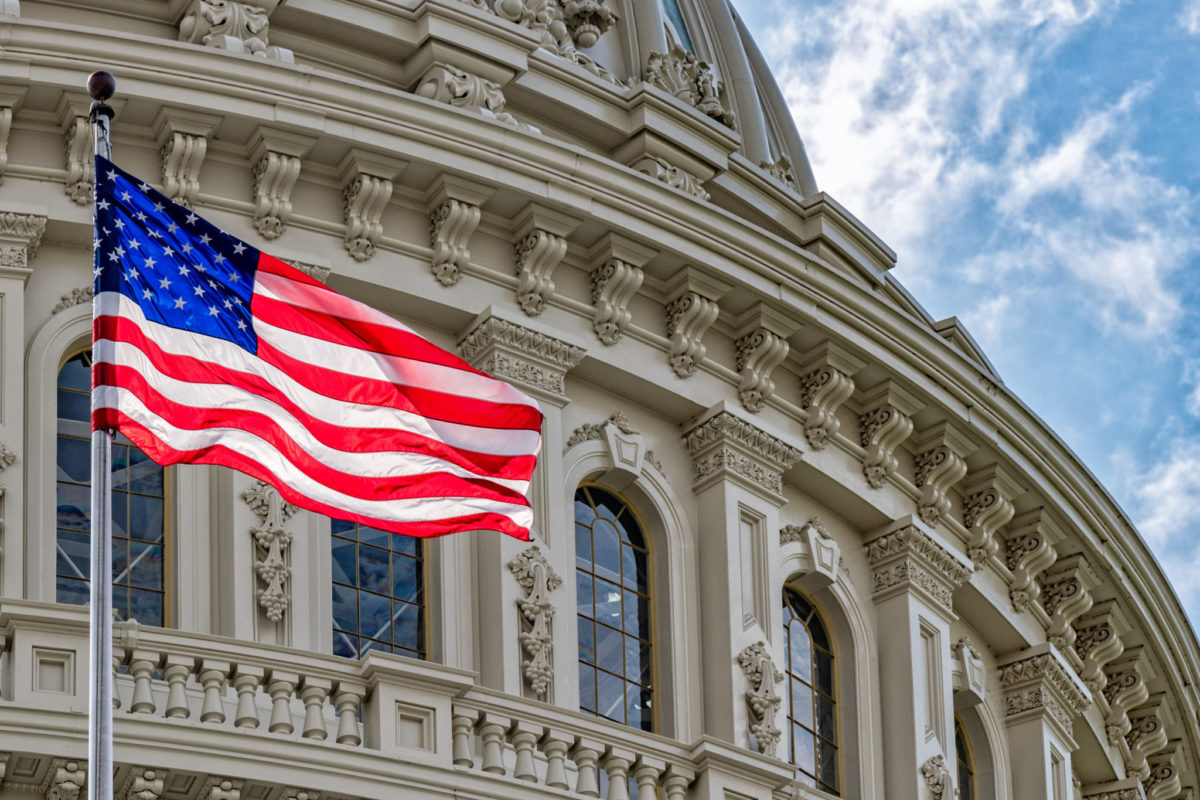FOR IMMEDIATE RELEASE
Thursday, Jul 21, 2022
CONTACT:
Bethany Moore, Communications Director
(240) 678-2654, Communications@TheCannabisIndustry.org
Cannabis Administration and Opportunity Act Introduced in U.S. Senate
Legislation Would Institute Tax and Regulatory Structure for Legal Cannabis;
National Cannabis Industry Association Applauds Historic Measure, Concerned About Potential Impact on Small Businesses
WASHINGTON, D.C. – Today, Senate Majority Leader Chuck Schumer (D-NY) along with Finance Committee Chair Ron Wyden (D-OR), and Sen. Cory Booker (D-NJ) introduced the Cannabis Administration and Opportunity Act (CAOA) which is now the Senate’s only pending legislation that would provide comprehensive cannabis policy reforms across the nation.
The landmark bill would remove cannabis from the federal Controlled Substances Act and move regulatory responsibility from the Drug Enforcement Administration (DEA) to the Alcohol and Tobacco Tax and Trade Bureau (TTB), the Food and Drug Administration (FDA) and other agencies to protect public health and safety. The legislation would also allow the state-regulated medical and adult-use cannabis industries already in place in 37 states to operate without federal interference.
The Senate Democrats’ CAOA would also institute a federal excise tax of 5-25% on cannabis on top of the already-hefty state taxes imposed on the industry, concerning advocates for small cannabis businesses and equity operators.
“We applaud the authors of this legislation for working to bring federal law into harmony with the states and the vast majority of voters who have called for an end to prohibition,” said Aaron Smith, co-founder and chief executive officer of the National Cannabis Industry Association. “We look forward to working with Senators on both sides of the aisle to improve the tax provisions in this bill on behalf of small cannabis businesses and eventually pass it into law.”
The long-awaited CAOA Act was introduced after a bill sponsors circulated a discussion draft last year. NCIA and other advocacy organizations provided comprehensive feedback to the bill’s authors last year. Notable changes to the legislation include:
- Increases the permissible THC by dry weight from the current 0.3 percent to 0.7 percent and refines the definition of “hemp,” and consequently “cannabis” by taking into account the total THC in a cannabis product, rather than just delta-9 THC.
- Changes to the weight quantity to qualify a person for felony cannabis distribution or possession charge under the section from 10 pounds to 20 pounds.
- Provides that a court shall automatically, after a sentencing review, expunge each federal cannabis conviction, vacate any remaining sentence, and resentence the defendant as if this law had been in place prior to the original sentencing.
- Enables a noncitizen who has received a deportation order based on a cannabis-related offense to file a motion to reconsider that decision. If the motion to reconsider is filed within 30 days of the removal order, the motion may allow for cancellation of the deportation order.
- Establishes a new 10-year intermediary lending pilot program in which SBA would make direct loans to eligible intermediaries that in turn make small business loans to startups, businesses owned by individuals adversely impacted by the War on Drugs, and socially and economically disadvantaged small businesses.
- Removes the requirement to maintain a bond for any cannabis business that had less than $100,000 in excise tax liability in the prior year and reasonably expects excise tax liability in the current year to be below such amount.
- Incorporates rules similar to rules currently applicable to permitted malt beverage producers and wholesalers.
Whitney Economics submitted a report outlining concerns with the tax plan, finding that the CAOA would impose an additional $1.1 billion in taxes on the already-struggling and cannabis industry.
“Introducing this far-reaching bill is a historic and important effort but we hope that the Senate moves quickly to pass the bi-partisan SAFE Banking Act which would provide tangible and immediate relief to small businesses and improve public safety by opening access to banking and financial services in our industry,” added Smith.
The SAFE Banking Act has been approved by the House of Representatives seven times and the Senate version of the bill (S. 910) enjoys the support of a bipartisan group of 43 co-sponsors but has yet to be brought to a vote in that chamber.
Laws to make cannabis legal for adults have passed in 19 states as well as the District of Columbia and the territories of CNMI and Guam, and 37 states as well as several territories have comprehensive medical cannabis laws. The substance is legal in some form in 47 states.
###
The National Cannabis Industry Association (NCIA) is the largest cannabis trade association in the U.S. and the only organization broadly representing cannabis-related businesses at the national level. NCIA promotes the growth of a responsible and legitimate cannabis industry and works toward a favorable social, economic, and legal environment for that industry in the United States.


Follow NCIA
Newsletter
Facebook
Twitter
LinkedIn
Instagram
–